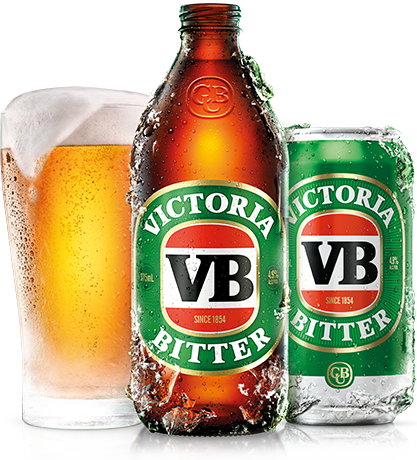*Looks at profile of OP Tia, hoping for a hint*
… You’re Australian, and in fact live on the same train line as me (my wife used to live in Berwick).
Well, shit, Teah, that doesn’t help me at all. You’re Australian, so that name could be from anywhere. 🙂
Let’s think.
Names ending in -ah? That suggests either English (and a recent phonetic spelling in English at that), Hebrew, or Malay.
Let’s go to Google:
Teah name meaning
The name Teah is a Greek baby name. In Greek the meaning of the name Teah is: Goddess; godly. Also abbreviation of names like Althea and Dorothea. The mythological Thea was Greek goddess of light and mother of the sun; moon and dawn.
Well, no, Teah is not a Greek baby name. Thea is the Greek for Goddess, and shows up in Dorothea (Gift of the Goddess—or actually, feminine version of Dorotheus, Gift of the God). And what Greek goddess of light and mother of the sun?
It’s almost like you can’t believe anything you read online any more.
So if Teah is meant to be Thea, someone at some time was sydlexic.
Teah – Meaning of Teah
Teah is a spelling variant of the name Tia (English).
Tia: The name developed as a short form of names ending in ‘-tia’, or names starting with ‘Tia-‘.
That at least looks more plausible to me.
Teah (Girl): All about the name Teah
Teah appeared on the charts for the first time in 1977 on position #3390 … The baby girl name Teah was given to 6 baby girls in 2012, ranking #4908 on the national girl baby name top chart.
So rare and recent.
The only instances under Teah in Wikipedia are two Liberian soccer players, one with Teah as a first name, one with it as a surname. If you don’t have any Liberian heritage or associations, OP, that’s likely a coincidence; it’s a short name, after all, so coincidences are bound to happen.
That’s what I’ve got, Teah. Nice to have made your acquaintance!
EDIT: Thank you Janet Renner for staying on the case.
cc Joshua Bowman Philip Newton Tia Edward Conway Dimitris Almyrantis Yash Geryani
[It would be nice if we had an option to renotify people of an update to an answer]
Well, I found out who the mother of the Sun was supposed to be: Theia. Still not buying it: she may have been a big deal to Hesiod, but she was pretty obscure all round.
Tea (given name) shows that Croats, Bosniaks, Georgians, and Finns have the name.
Téa name checks Georgians, but points to Téa Leoni, born Elizabeth Téa Pantaleoni. Her dad was Italian.
As Janet points out, Téa Leoni was big when Teah Petrušić would have been born (and she’s big again now). So quite a likely source for the name Teah.
Thea (name) is explained as “short for Theodora, Theadora, Dorothea, or Althea (also spelled Elithea)”. If the Téa is meant to be Italian (with the acute indicating the pronunciation), I can see it as short for Dorotea. If Teah Petrušić has a Croatian name, and Teah is an Anglicised namesake of Téa Obreht née Bajraktarević or Tea Palić, well, Dorotea Sutara is Croatian too.
So. Revise “the name developed as a short form of names ending in ‘-tia’” to “the name developed as a short form of names ending in ‘-t(h)ea’”, with Téa Leoni and Croatian (and Serbian?) Tea as equally possible antecedents.
It’s still nice to have made your acquaintance, Teah! And thank you again Janet!
